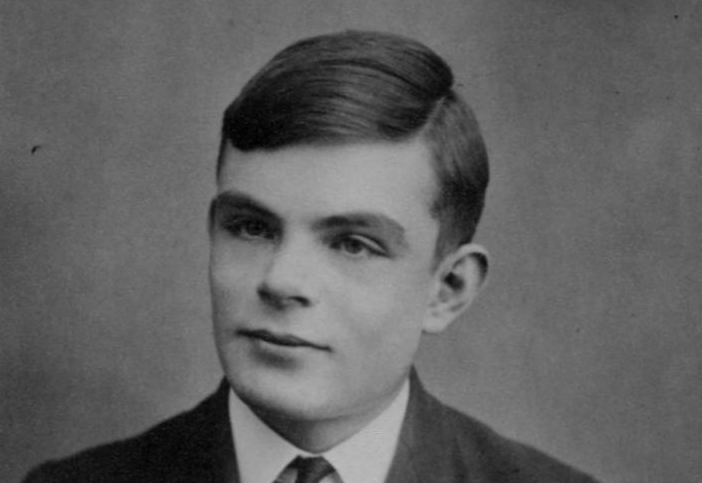Whether we choose to affiliate with any sort of atheist movement or not, many people raised in theistic religions came over time to see God as a literary character in ancient mythologies and historical fictions, as a placeholder for human ignorance, or as a personification of humanity’s greatest fears and desires. The notion that such a personal super-being actually exists has become for many of us, in William James’ terms, a “dead hypothesis.” As physicist Lawrence Krauss puts it in the video above, “there’s absolutely no evidence that we need the supernatural hand of God” to explain the universe. Religions give us fanciful stories, illustrate ethical (and unethical) principles, and enforce tribal loyalties, but they do not describe reality as it is.
We all come to hold our beliefs, or lack thereof, about religious claims for an irreducibly complex variety of reasons that are intellectual as well as moral, political, and emotional. Can we demonstrate, however, that “the more scientifically literate, intellectually honest and objectively sceptical a person is, the more likely they are to disbelieve in anything supernatural, including god”? Such is the thesis of Dr. Jonathan Pararajasignham’s documentary 50 Renowned Academics Speaking About God, which consists of edited clips from interviews with “elite academics and professors at top institutions, many of whom are also Nobel Laureates.” The claim appears on the screen in each of the three videos above and below, framing the interview clips as mounting evidence for the convincing case that disbelief is strongly correlated with, if not necessarily caused by, scientific literacy, intellectual honesty, and skepticism.
Since his first video, Pararajasingham has expanded his series to include 100 more “Renowned Academics Speaking About God.” (See Parts Two and Three of the series above.) On the videos’ Youtube pages, he anticipates a ready objection, writing, “I do not claim that this video demonstrates there is no God. It is not an argument against God in itself, so there is no argument from popularity and authority.” If you’ve already arrived at the conclusion, you’ll find it confirmed many times over by a cast that includes physicists like Krauss, Richard Feynman, and Steven Weinberg, philosophers like A.C. Graying, Bertrand Russell, and John Searle, and far too many more illustrious thinkers to name. (See a complete list on the Youtube pages of each video.) In addition to well-known atheist writers like Daniel Dennett, the series also features academics like anthropologist Pascal Boyer, whose book Religion Explained makes a novel and very persuasive naturalistic argument for why humans have believed in the supernatural for thousands of years.
Believers may counter with their own list of smart people who do believe in God, and who also work in the hard sciences and academic philosophy, including renowned figures like Human Genome Project director Francis Collins and physicist Freeman Dyson. Whether or not they’d wish to claim failed presidential candidate Ben Carson or religious apologists Dinesh D’Souza and Ravi Zacharias as examples of “intellectual honesty and scientific literacy” I couldn’t say, but all of those people and more are included in the video above, 20 Christian Academics Speaking About God, which Pararajasingham produced as a counterpoint to his 50 Academics series. Find the complete list of names for this video, along with links to complete interviews, on Youtube.
Related Content:
Free Online Religion Courses
Robert Sapolsky Explains the Biological Basis of Religiosity, and What It Shares in Common with OCD, Schizophrenia & Epilepsy
Richard Feynman on Religion, Science, the Search for Truth & Our Willingness to Live with Doubt
Neil deGrasse Tyson Explains Why He’s Uncomfortable Being Labeled an ‘Atheist’
Josh Jones is a writer and musician based in Durham, NC. Follow him at @jdmagness


